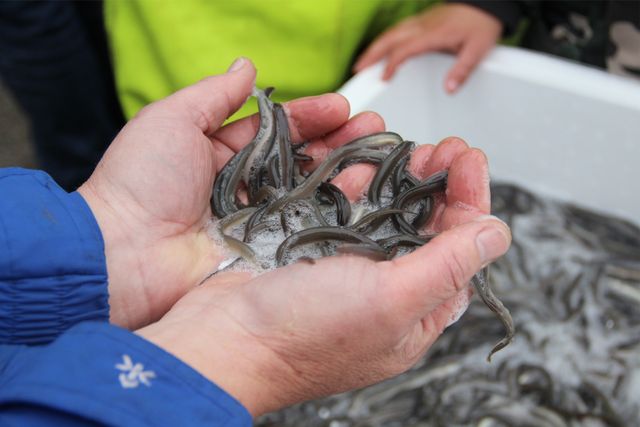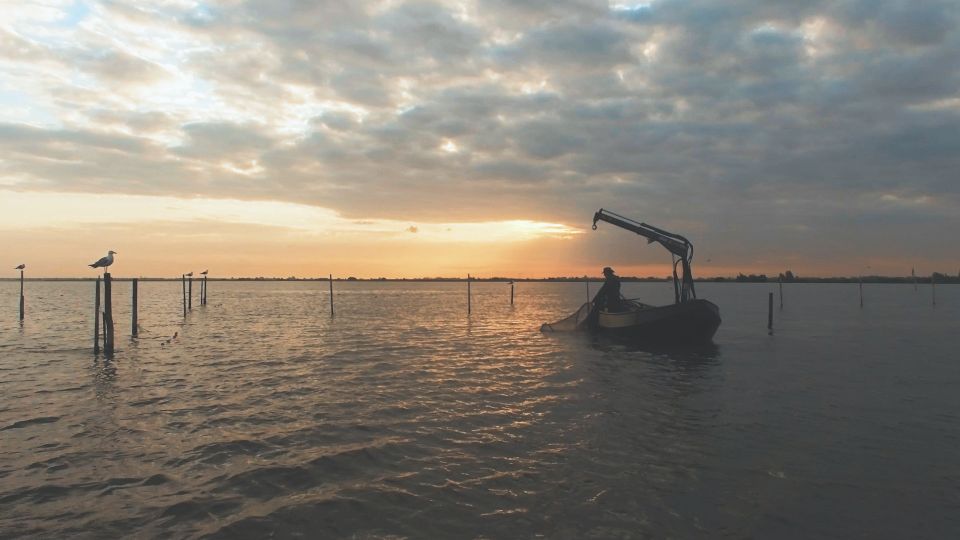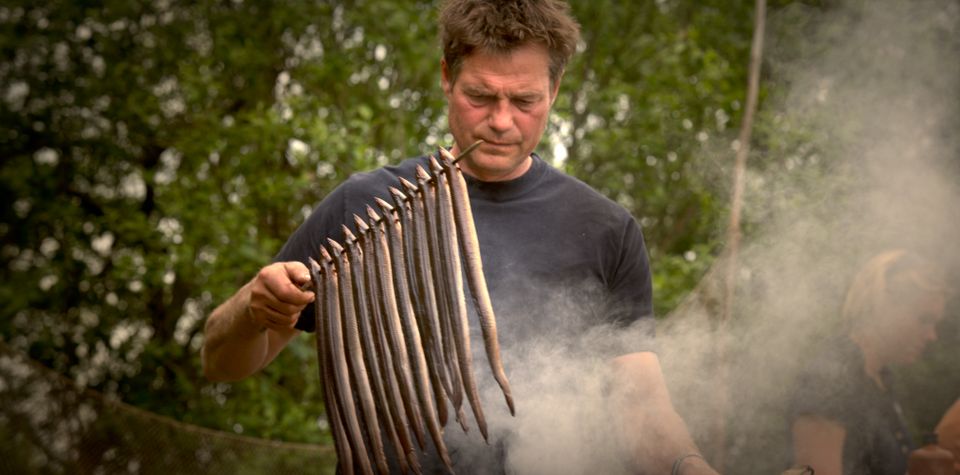Eel Fishing Slotermeer
‘Go with the flow’ and follow the eels in Waterland van Friesland. Thanks to some sustainable eel farming in Friesland, the glory days of the past are gradually becoming reality again. Eels have a long and rich history in Waterland van Friesland. During the golden age of eel fishing, around sixteen Frisian boats would sail to London six times a year to sell live eels there. According to experts, the Frisian lakes are home to the most delicious eels of all. Smoking eel is known as ‘ielrikje’ in Frisian. Freshly smoked eel can be found on many Frisian markets and in restaurants.
The eel fishing barge Korneliske Ykes II
About eighty years ago, there was always an eel fishing barge moored at its ‘own Hegemer jetty’ in the English capital. Frisian eels were very popular there among the common people. However, the crossing was difficult and partly because of this, this tradition ceased in the thirties. It was revived in June 2019 when a reconstructed eel fishing barge from the village of Heeg made the crossing to London again with live eel on board. Hundreds of spectators in Heeg waved bon voyage to ‘their’ eel fishing barge Korneliske Ykes II with white handkerchiefs.
All aboard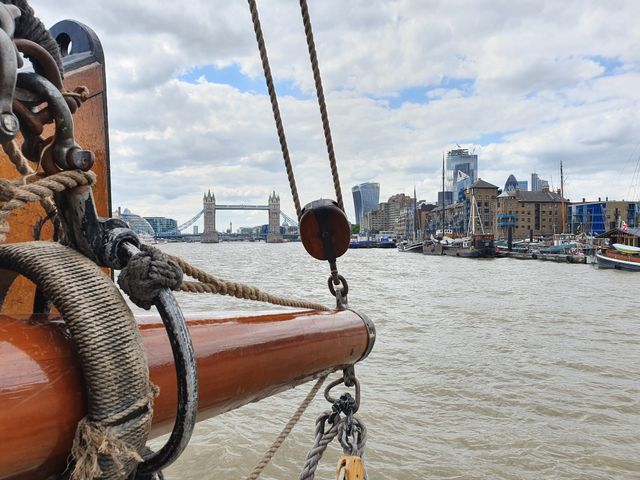
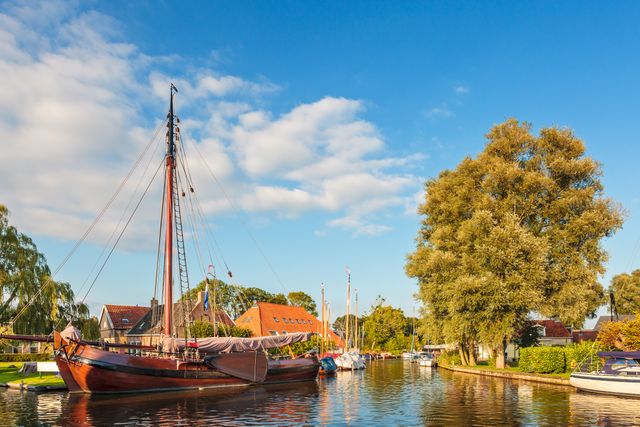
Step on board the ‘Electric Eel’
One of the last fourteen professional Frisian fishermen is Freerk Visserman. He still fishes with traps and puts them out in different parts of his fishing area depending on the season. So in early spring he puts out his traps in the pools behind Heeg, because it’s there that the first eels are caught. Later in spring, he moves them to the other sites in his fishing area. Freerk supplies the eels directly to restaurants in and around Heeg. He also sells part of the catch at the fish auction in Urk. If you are interested, you can join him for an excursion on the ‘Electric Eel’, a ‘whisper’ boat, which glides through the water as silent as a whisper.
Fishing with Freerk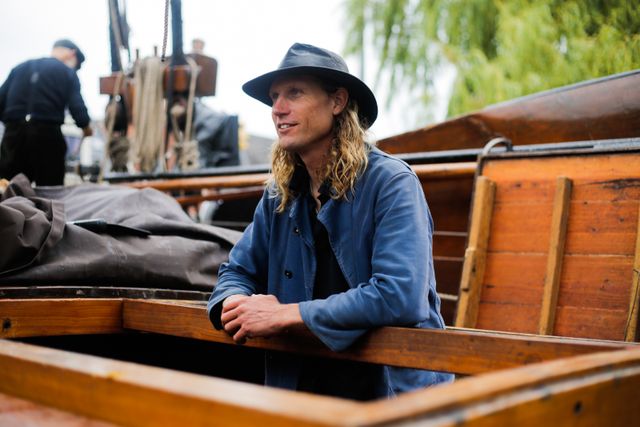
Millions of young eels
The construction of locks, pumping stations and the Afsluitdijk blocked the natural migration of eels to and from the Sargasso Sea, where all eels spawn. This endangered reproduction. The motorisation of the shipping industry has not done eel numbers any good either. That is why a national fishing ban has been in force since 2009. It is partly thanks to the efforts for sustainable eel management of the Frisian Association of Inland Fishermen (Friese Bond van Binnenvissers) and Stichting DUPAN that we can still enjoy this special fish. These efforts include fishing quotas and releasing millions of young eels into the Frisian waters once every two years. This gives a major boost to the recovery of eel stocks.
